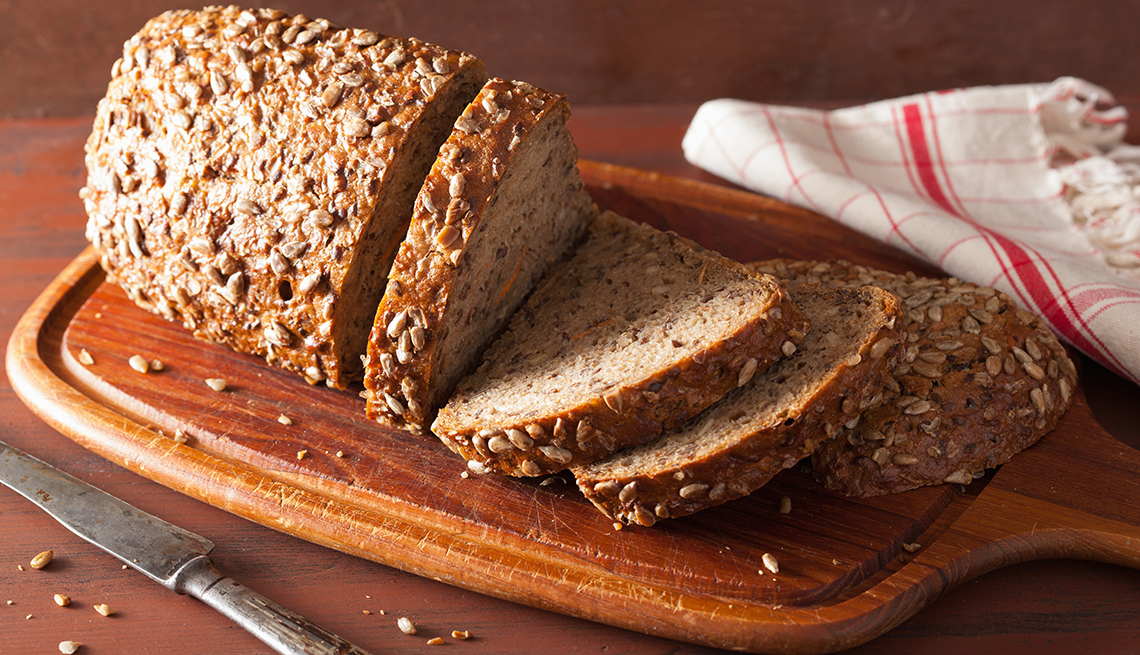AARP Hearing Center
There are mixed messages surrounding the health benefits of bread made with refined flour and whether it’s good or bad for you. Health professionals encourage us to eat whole grains, but some whole grain breads are made with refined flour and lack nutrients, leading other experts to say bread may potentially be harmful to your health.
Why are the health benefits of breads processed with refined flour being so carefully scrutinized? One reason: Some breads are high in carbohydrates and can raise blood sugar levels. For instance, whole wheat grains have more nutrients, but wheat bread made with refined flour can spike blood sugar as quick as a candy bar — and we have all heard that most white breads are stripped of nutrients and offer little to no dietary value.
So what kind of bread should you butter? Or should you eliminate bread from your diet altogether?
Fortunately, there are alternatives to breads made with refined flour. One is barley bread. Whole grain barley is minimally processed; it is low in fat and calories, high in fiber, contains antioxidants and offers a variety of health benefits.
Barley bread is also low in carbohydrates and provides vitamins and minerals, fiber, selenium and many other nutrients that are not found in breads made with refined bread flour — and nutritionists say the dietary benefits of barley are significant and more beneficial than other grains.
"Compared to many other grains, even other ancient whole grains, barley is lower in fat and calories, but higher in dietary fiber and certain trace minerals," according to the Dr. Axe food website
Introducing barley into your diet in bread or other foods is also said to be beneficial in reducing the risk of coronary heart disease, diabetes and certain cancers.
There are several recipes for barley bread and many variations, but the basic ingredients are barley flour, eggs, milk or water, canola, olive or other oils. Some use yeast, honey or brown sugar and salt.
So bread lovers, barley bread can be a healthier alternative to breads processed with refined flour and may be a more nourishing way to keep bread in your diet.



































































